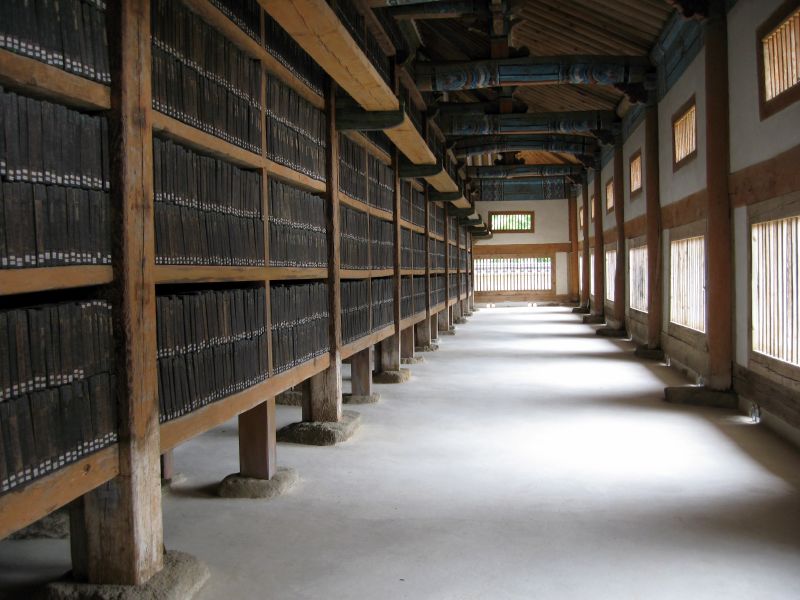

|
Spelling and Pronunciation of Korean |
Korean Romanization
The Korean language in ancient times was written in Chinese characters. Today it is written in Hangeul, a native script that was created in the middle 1400s. In order to transcribe Korean into western characters, Revised Romanization was officially adopted by South Korea in the year 2000, replacing the older McCune-Reischauer system which is still used in North Korea. I use Revised Romanization in these web pages, although many recent books (2010) continue to follow McCune-Reischauer. Below is a simplified table. Korean sounds very different from English, and the pronunciations below are only a rough approximation.
|
|
|
1This table refers to initial consonants only.
2Avoid the temptation to pronounce the RR consonants (j/g/b/d) as written; the older MR pronunciation is closer to the Korean tongue, at least as heard by the American ear: Kore-yuh, not Gore-yuh.
Special Pronunciations and Spellings
Balhae (RR) = Parhae (Mc-R) (alternation, in spelling and pronunciation, of "l" and "r" - many similar examples)
hangeul is often spelled hangul (English loan word)
koryŏ is often spelled koryo (English loan word)
Seoul is pronounced soul by native English speakers
Silla is pronounced (and sometimes spelled) Shilla - cf. Hindi Siva/Shiva.
Vocabulary Sampler (Combining forms)
-buk = north (Jeollabukdo = North Jeolla Province)
-do = province (Jeollabukdo = North Jeolla Province)
-dong = east
-gung = palace (Gyeongbokgung, Changdeokgung, etc.)
-jeon = hall
-mun = gate
-nam = south (Jeollanam = South Jeolla)
-ri = village (Neungsanri = Mt. Neung Village)
-sa = temple (Haeinsa, Bulguksa, etc.)
-san = mountain (Neungsanri = Mt. Neung Village)
-seo = west

|